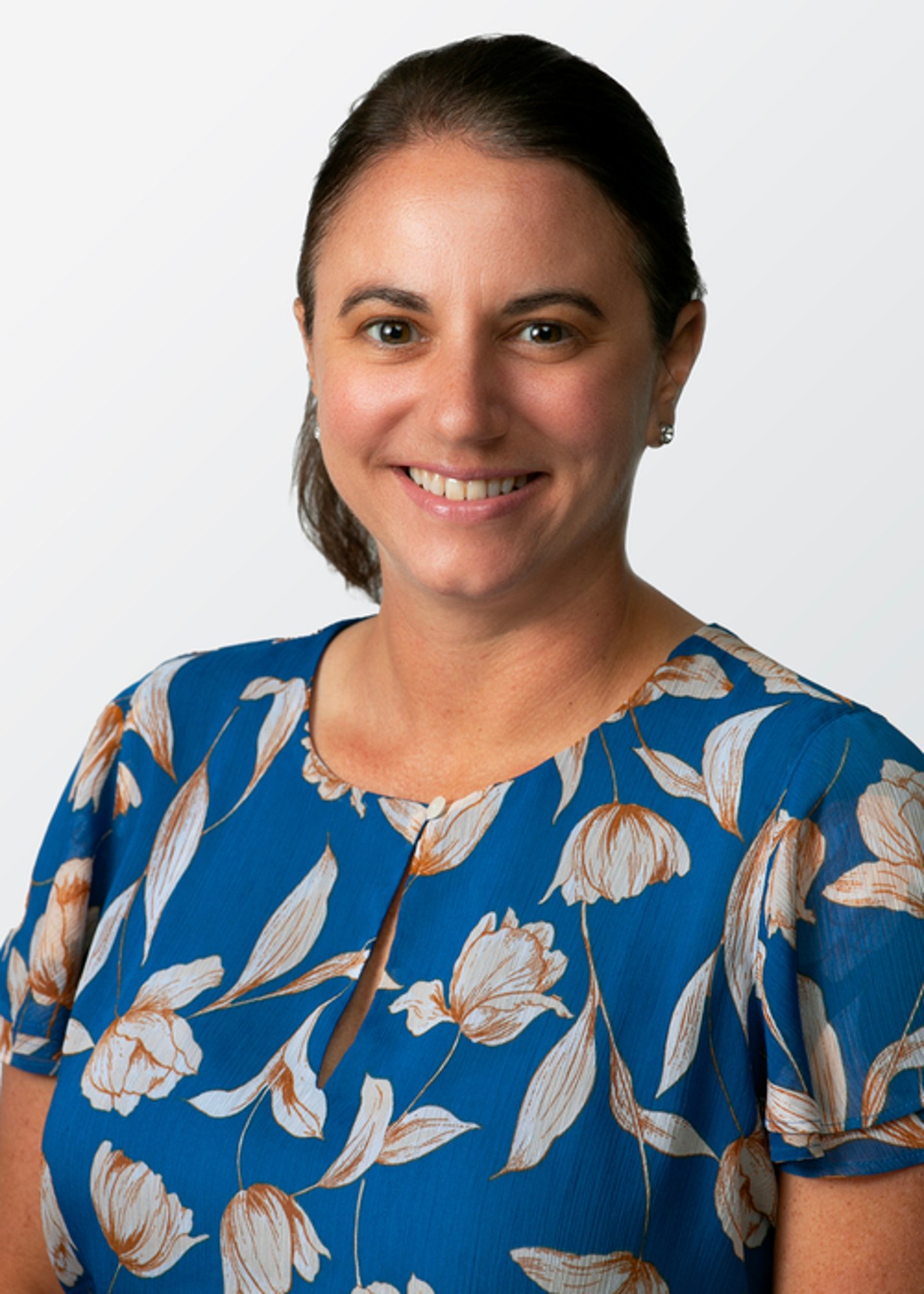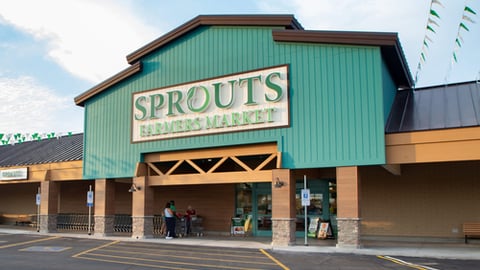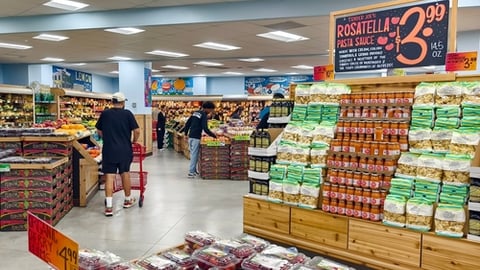A Desire To Boost Retail, Consumer Confidence In Organics
Organics remains a major talking point for retailers that sell food and beverages, but the topic can also be confusing for consumers.
Now, Andrea Hatziyannis, category strategy manager at Sprouts Farmers Market, will have a role in the future of organic products sold at retail. Recently, Hatziyannis, a 2024 Top Women In Store Brands honoree in the Marketing/Merchandising category, was named to the U.S. Department of Agriculture’s (USDA) National Organic Standards Board (NOSB). She will serve a five-year term and work to provide recommendations on policies governing the production and distribution of organic food and products. The NOSB is composed of 15 members from across the organic community.
Hatziyannis spoke with Store Brands about her appointment and discussed the ongoing work needed in the organics marketplace.
STORE BRANDS: What is the process for getting appointed to the NOSB?
ANDREA HATZIYANNIS: It’s an application process and I was mentored by two current board members, one of whom is a former colleague. Part of each member’s role is to help with succession planning to make sure there are qualified and capable people who can carry on the board’s work. The terms of my two mentors were coming to a close this year and last year I was asked if I would be interested in applying for the board, which I was. My main interest in joining the board was to support my personal and professional mission of bringing people together through a shared love of food and curiosity of science. I was super happy they thought I would be qualified for something like this. I got the call the day after Christmas that I was being named to the board.
From Andrea Hatziyannis...
"Government institutions are under a lot of scrutiny, particularly ones that are science-based. We want to make sure there's consumer and retailer confidence in this program and that it's delivering on the consumers' need of having clearly labeled foods that come from trusted sources."
SB: With the application process, were there certain skills they were looking for?
AH: They specifically asked me to run for the retailer seat because this is a technologically and scientifically focused committee. I have my Bachelor's and Master's in food science and have a unique advantage where I came over to the retailer side. There's a specific challenge in placing someone in the seat who has the right knowledge and skill set to be able to speak for both sides, to be able to understand what the retailers' needs are, but also to be able to have the technological knowledge to vote and weigh in on the issues.
SB: Have you been given guidelines that outline the responsibilities of being a board member?
AH: The board operates very similar to Congress in that they have committees and subcommittees focused on different aspects of the industry. There are six subcommittees and as a junior member, I'll be placed on two committees. The committees I'll be on are what are known as handlers, which are essentially all the people manufacturing organics. I will also be a member of the materials subcommittee, which is about the ingredients and allowable ingredients on the organic list. Each member will have a few ingredients that they review. I will also be authoring research papers on the pros and cons of removing or adding ingredients to the restricted ingredients list.
SB: As you join the board, are there specific issues that you’re looking to address, or does the board as a whole drive the conversation?
AH: The board drives some of the conversation, and some of it comes from the industry. We take questions, comments, concerns, proposes to changes in legislation from businesses and individuals who seek to help make improvements. One of the major impacts of the board is to continue refining what they call the sunset process. When the organic program started in the 1990s, there was a list of allowable ingredients that weren’t organic. Pectin, for example, is an ingredient that is widely used. It is somewhat naturalized as it is derived from fruit sources. It’s a natural stabilizer, but the industry has not caught up to the need for organic ingredients, so pectin is still allowed. And from the retailer side, I’m very interested in the continued growth and strength of the organic program. Government institutions are under a lot of scrutiny, particularly ones that are science-based, and we want to make sure there's consumer and retailer confidence in this program and that it's delivering on the consumers' need of having clearly labeled foods that come from trusted sources.
SB: How has the organic movement and the topic of organic food products evolved in recent years?
AH: The organic seal has continued to keep confidence with the consumer, and consumers look for the seal when they're shopping. There have been many other certifications that came out to try and boost consumer confidence that are more about pay-to-play. The non-GMO certification is a good example. In theory, this is serving a similar consumer need to the USDA organic seal, but it is very confusing to the consumer about what it is actually delivering.
SB: When we look at private label, what are the opportunities for retailers to grow their own brand assortments of organic products?
AH: Private labels and organics are a good combination and should be part of a retailer’s strategy. But it goes back to what I was saying earlier about consumers having confidence in the USDA’s Organic seal. If they are going to pay more for food that is quality and clean they need to have confidence in that seal. If organic products meet consumer’s higher expectations, they will buy more.
SB: Are consumers better educated today about organic food?
AH: When you ask consumers if they are looking for (the organic) claim, they acknowledge it, they know it, and they're not as confused by it. There are a lot of claims on label, but this is one that's very clear to them.




